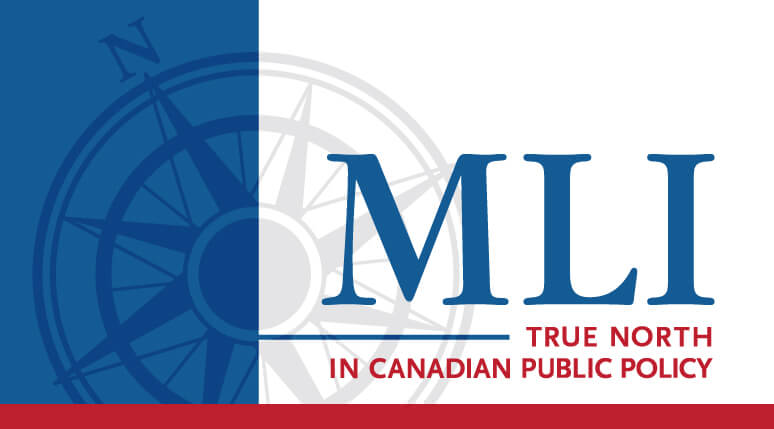 OTTAWA, ON (March 25, 2021): In a split decision, the Supreme Court of Canada has ruled that the carbon tax – the cornerstone policy in the federal government’s efforts to combat climate change – is in fact constitutional. Experts from the Macdonald-Laurier Institute are available to comment on this landmark decision.
OTTAWA, ON (March 25, 2021): In a split decision, the Supreme Court of Canada has ruled that the carbon tax – the cornerstone policy in the federal government’s efforts to combat climate change – is in fact constitutional. Experts from the Macdonald-Laurier Institute are available to comment on this landmark decision.
The following experts are available to comment:
Dwight Newman – Professor of law at the University of Saskatchewan and Munk Senior Fellow at MLI.
Jack Mintz – President’s Fellow at the University of Calgary’s School of Public Policy and Distinguished Fellow at MLI.
Philip Cross – Munk Senior Fellow at MLI. Prior to joining MLI, Mr. Cross spent 36 years at Statistics Canada specializing in macroeconomics.
Despite the court’s split ruling, there was ample reason to believe that the carbon tax was on shaky legal ground. As Dwight Newman noted, the Trudeau government decided to pursue the risky path of using the federal “peace, order, and good governance” power to compel provinces to adopt the federal strategy.
Before reaching the Supreme Court, according to Newman, “the view that the carbon tax law is unconstitutional has received just as many votes as any particular view that it is.”
With the carbon tax now entrenched in federal policy, the question now becomes what’s next for climate policy in Canada. According to a recent MLI paper by Dennis McConaghy, Jack Mintz, and Ron Wallace, Canada should avoid employing redundant and far less efficient policies such as the proposed clean fuel regulation.
As proposed, they argue that the clean fuel regulation “will materially increase costs for Canadians, result in unnecessary administrative expense, [and] add enormously complex regulatory burdens that penalize Canadian competitiveness.” They argue that increasing the carbon tax is far more efficient.
Irrespective of the fact that the carbon tax is here to stay, Philip Cross has argued that the federal government should instead prioritize innovation and technology as more effective solutions for addressing climate change.
“Technology potentially offers the lowest cost solution for reducing emissions,” says Cross. “The most important role of government in reducing GHG emissions may be supporting technological research, not enforcing regulations or tinkering with relative prices.”
To schedule an interview with MLI’s experts on the Supreme Court ruling and environmental policy in Canada, media are invited to contact:
Brett Byers
Communications and Digital Media Manager
613-482-8327 x105
brett.byers@macdonaldlaurier.ca




